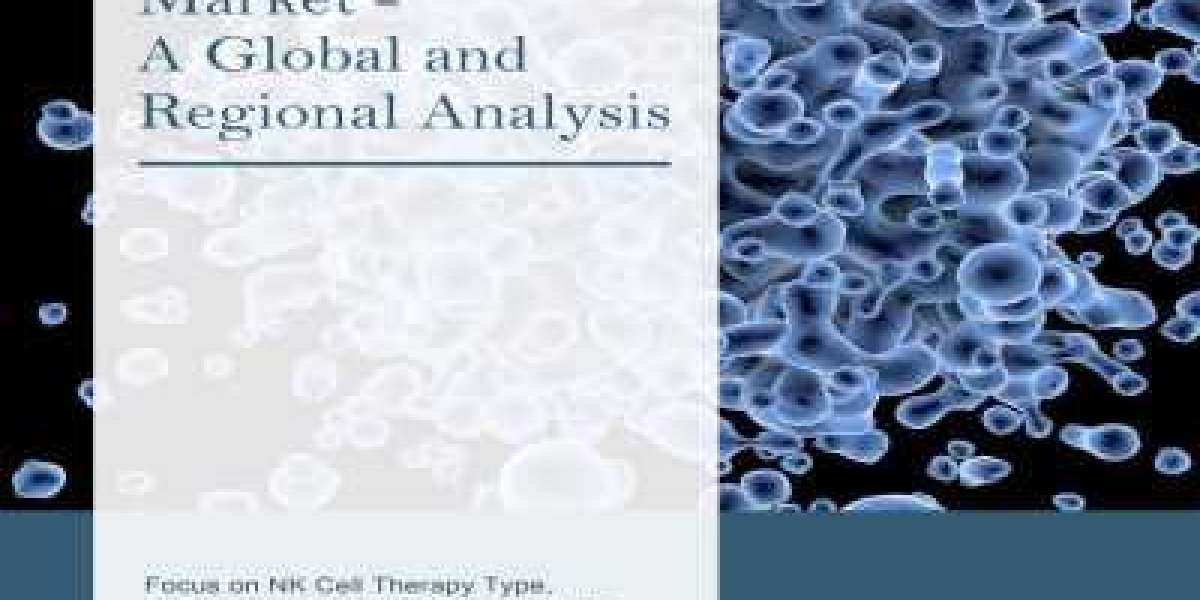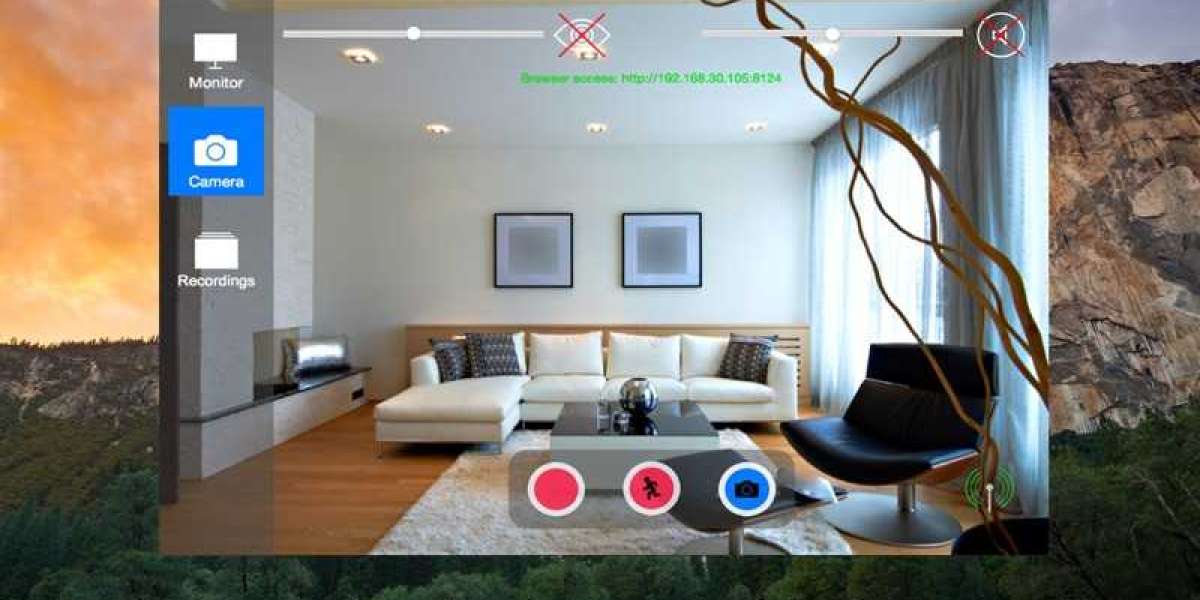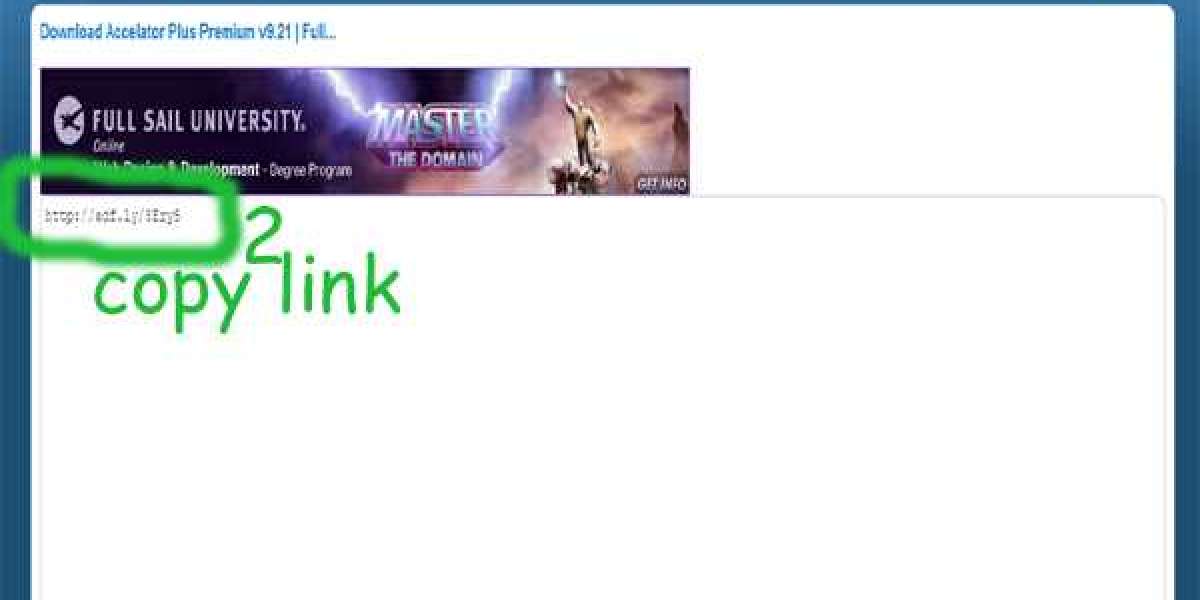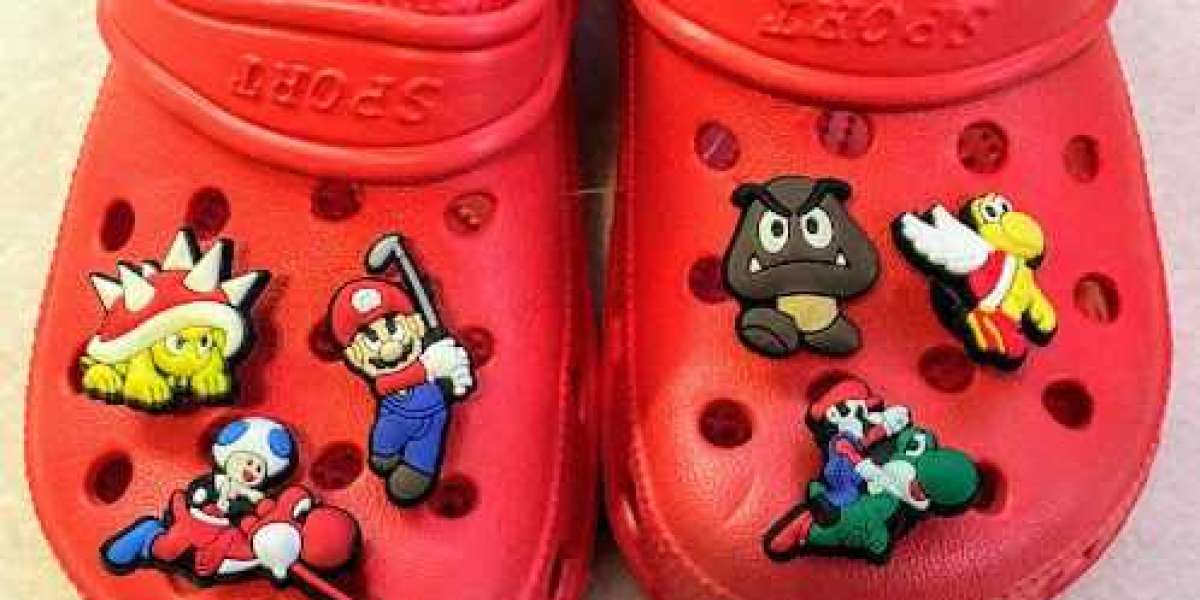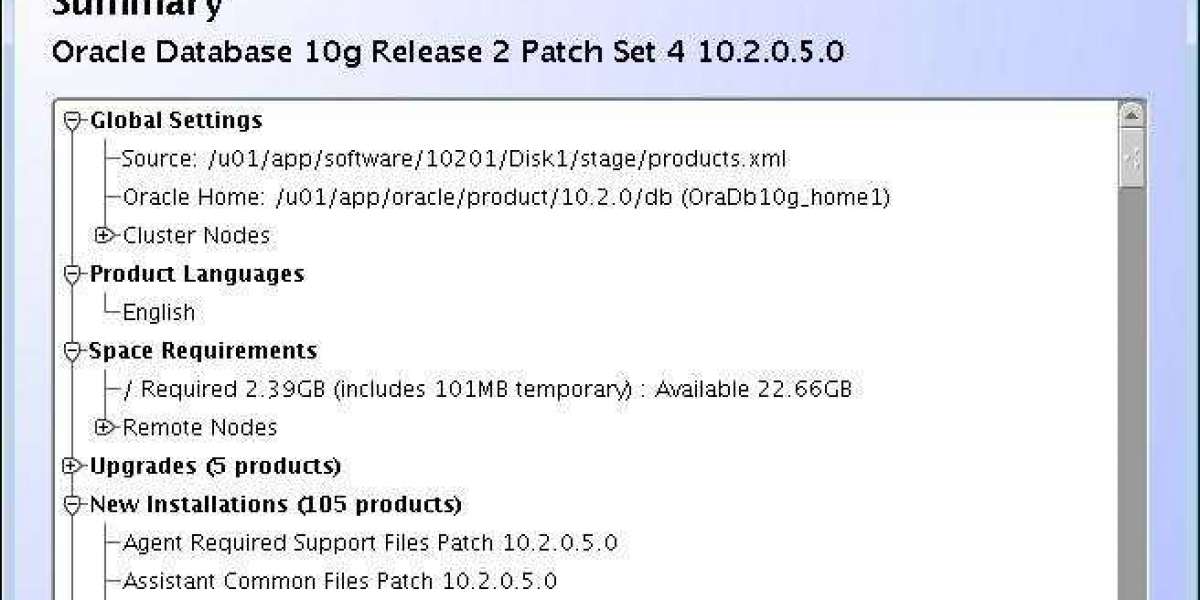The global market for NK cell therapeutics is still in its infancy. There isn't any NK cell therapy available right now. Many biopharmaceutical companies are working to investigate and develop novel immunotherapies, including NK cell treatments, which have the potential to be the next-generation treatment for acute infectious diseases and cancer.For instance, major players such as Affimed N.V., GC Cell (GC Biopharma corp.), Glycostem Therapeutics B.V., and Takeda Pharmaceutical Company Limited are investing heavily in clinical trials for their respective therapeutic candidates for various indications such as acute myeloid leukemia (AML), B-cell non-Hodgkin’s lymphoma (NHL) - relapsed or refractory, hepatocellular carcinoma (HCC), and peripheral T-cell lymphoma. Increasing funding and investments in research and development is one of the major opportunities in the global NK cell therapeutics market.
The global Natural Killer (NK) cell therapeutics market is expected to reach $5,676.1 million in 2032 from $297.2 million in 2024 at a CAGR of 44.59% during the forecast period 2024-2032. The growth in the global NK cell therapeutics market is expected to be driven by the rising in the number of clinical trials and the increasing incidence and prevalence of cancer cases.
%20Cell%20Therapeutics%20Market.png)
Impact of COVID-19
Due to the pandemic, governments across the globe enforced lockdowns which significantly hampered the research and clinical development of NK cell therapeutics. This situation was majorly witnessed till Q2 2021, which created a negative impact on the global NK cell therapeutics market, resulting in a decline in preclinical and clinical trials of the product candidates. The major reason has been the difficulty in patient recruitment for the ongoing clinical trials, which will have an impact on the launch timelines of the drugs.
However, it is worth mentioning here that with the ease of restrictions after Q2 2021, the market for NK cell therapy has gained significant momentum and is anticipated to grow during the forecast period 2024-2032.
The COVID-19 pandemic has exerted tremendous strain on the research and clinical development of NK cell therapeutics. Companies operating in the field of NK cell therapies have changed their focus on the research and development of drugs used for COVID-19 treatment to help governments and communities establish a new normal across the globe.
This has resulted in the delayed launch of emerging therapies due to a shift in priorities on account of the COVID-19 pandemic. In addition, pharmaceutical companies are diverting their financial resources to develop and repurpose existing drug molecules for the prevention and treatment of COVID-19. This strategy has been adopted by most pharmaceutical companies to generate high revenue from the sale of COVID-19 drugs. These factors exert a combinatorial effect on the development and launch of emerging NK therapies.
Market Segmentation
Segmentation 1: by Therapy Type
• NK Cell Therapy (Unmodified)
• CAR-NK Cell Therapy (Modified)
• NK Cell Engagers
In the global NK cell therapeutics market, the NK cell therapy (unmodified) segment is anticipated to dominate the global NK cell therapeutics market during the forecast period and is expected to hold a share of 57.82%. The segment includes the pipeline NK cell therapeutics derived from allogenic or off-the-shelf cancer-killing immunotherapy, which is readily available from cord blood supplies.
Segmentation 2: by Pipeline Products
• AFM13
• MG4101
• GTA002 (oNKordA)
• TAK-007
In 2032, the global NK cell therapeutics market is estimated to be dominated by MG4101 and is expected to hold a 36.35% share of total NK cell therapeutics market, followed by TAK-007 with the market share of 24.20% of the NK cell therapeutics market in 2032.
Segmentation 3: by Indication
• Acute Myeloid Leukemia
• Relapsed or Refractory (r/r) B-cell Non-Hodgkin’s Lymphoma (NHL)
• Hepatocellular Carcinoma
• Peripheral T-Cell Lymphoma
The B-cell non-Hodgkin’s lymphoma – relapsed or refractory segment is expected to dominate the global NK cell therapeutics market in 2032 due to the rise in B-cell lymphoma patients across the countries and high unmet need in the disease area.
Segmentation 4: by Country
• U.S.
• U.K
• France
• Spain
• Italy
• Germany
• Japan
• South Korea
The U.S. NK cell therapeutics market will be valued at $232.4 million in 2024 and is expected to be the leading market contributor. The growth can be attributed to the increased research and development activities in the country.
Demand – Drivers and Limitations
Following are the demand drivers for the global NK cell therapeutics market:
• Rising Number of Clinical Trials
• Increasing Incidence and Prevalence of Cancer
The market is expected to face some limitations too due to the following challenges:
• Lack of Specificity and Poor In Vivo Survival of the NK Cells
• High Cost of Immunotherapy Treatment Associated with Cancer
Recent Developments in the Global NK Cell Therapeutics Market
• In April 2022, Affimed N.V. announced data on the dose-escalation study of its innate cell engager AFM24 in patients with EGFR-positive solid tumors. As per the data, AFM24 showed a well-managed safety profile.
• In April 2022, Nkarta, Inc. announced positive preliminary data of phase 1 of its two cell therapy candidates, NKX101 and NKX019, of chimeric antigen receptor (CAR) natural killer (NK) cell therapy. The results of the study showed the safety advantages of NK cells with an off-the-shelf modality which was designed to increase the benefits of cell therapy.
• In January 2022, Affimed N.V. announced the completion of the participants for its phase 2 study for its lead product AFM13 as a monotherapy for patients with relapsed or refractory CD30-positive peripheral T-cell lymphoma (PTCL).
• In December 2021, Innate Pharma SA disclosed that the first patient received treatment in a phase 1/2 clinical trial of IPH6101/SAR443579, a lead molecular target for NK cells that targets NKp46/CD16, in patients with chronic myelogenous leukemia (CRML), B-cell acute lymphoblastic leukemia (B-ALL), or high-risk myelodysplastic syndrome (HR-MDS). The trial is being conducted in collaboration with Sanofi S.A.
Key Market Players and Competition Synopsis
The companies that are profiled have been selected based on inputs gathered from primary experts and analyzing company coverage, pipeline product portfolio, and market penetration.
Some prominent names established in this market are:
• Affimed N.V.
• Century Therapeutics, Inc.
• Celularity Inc.
• Cytovac A/S
• Dragonfly Therapeutics, Inc.
• Fate Therapeutics, Inc.
• Gamida Cell Ltd.
• GC Cell (GC Biopharma corp.)
• Glycostem Therapeutics B.V.
• ImmunityBio, Inc.
• Innate Pharma SA
• Nkarta, Inc.
• Sanofi S.A.
• Takeda Pharmaceutical Company Limited
• VaxCell Biotherapeutics Co., Ltd.
• Acepodia Inc.
• iCell Gene Therapeutics
• Senti Biosciences
• Shoreline Biosciences
Get Free Sample Report- https://bisresearch.com/requestsample?id=1322type=download
Key Questions Answered in this Report
- What are NK cell therapies, their types, and what are their applications?
- What is the mechanism of action of NK cells?
- What are the major market drivers, challenges, and opportunities in the global NK cell therapeutics market?
- What are the underlying structures resulting in the emerging trends within the global NK cell therapeutics market?
- How has the COVID-19 pandemic impacted the global NK cell therapeutics market?
- What are the key development strategies being implemented by the major players to sustain themselves in the competitive market?
- What are the pricing and reimbursement scenarios in the field of NK cell therapeutics?
- What are the key regulatory implications in major regions pertaining to NK cell therapeutics?
- What are the potential entry barriers expected to be faced by the companies willing to enter a particular country?
- How is each segment of the market expected to grow during the forecast period 2024-2032, and what is the anticipated revenue to be generated by each of the segments, namely, therapy type, indications, pipeline product, and country?
- What are the growth opportunities for the companies in the country of their operation?
- Who are the leading players with significant offerings in the global NK cell therapeutics market?
- Which companies are anticipated to be highly disruptive in the future, and why?
BIS Research Related Market Studies:
